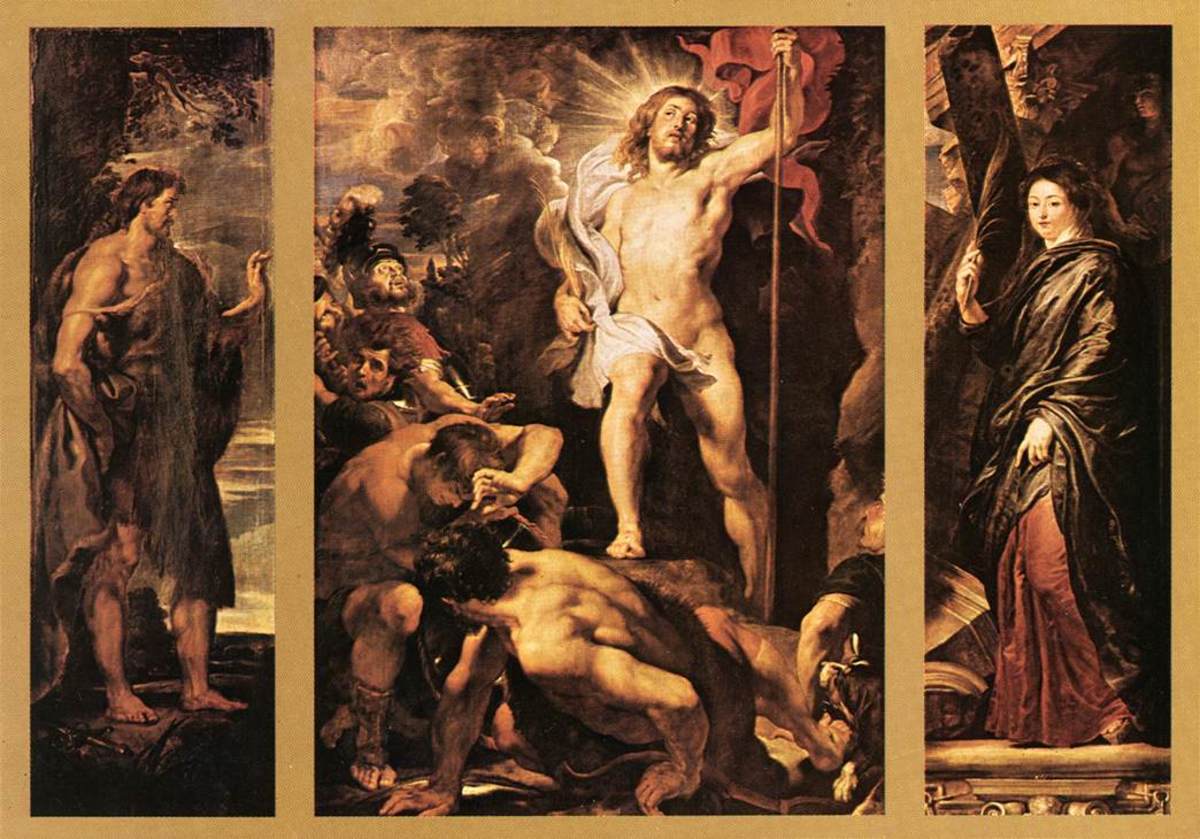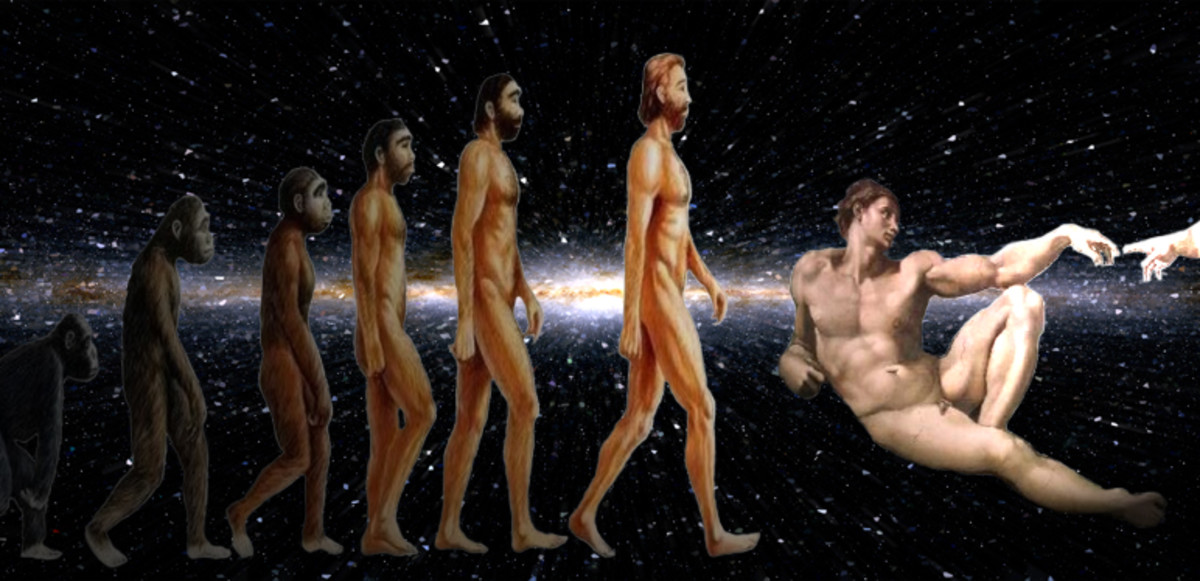Matthew Studies Class, Feb. 2012, Paul's Letter to Galatian Churches, Decisive 1st-Century Text for Christian Freedom
Invitation to join intense weekly studies of key texts
Yesterday (Feb. 5, 2012), Fay and I marked the 13th anniversary of our Matthew Studies Class at the First Baptist Church (American Baptist) in Oak Park, Illinois. Fay taught the first class Feb. 2, 1999 on the subject "Women in the Gospel of Matthew." Now we are privileged to invite a worldwide audience to join us.
For February we study Paul's essay-letter to the Galatian churches in which he argued for Christian spiritual freedom from Judean religious law. This letter decisively changed Christian church history more than once, most notably (a) in its formative first century, and (b) in northern Europe's dramatic 16th century separation from the Roman church. This short letter of some 3,200 words (NRSV translation) still wields enormous influence today all over the Christian world and beyond (www.Amazon.com lists 3,000 books currently available about Galatians!).
As in all our programs, we challenge our students to think for themselves, so we continually ask questions like these:
(1a) Write out what you consider Paul's main idea (overall, or in any given passage);
(1b) on what claim or evidence do you think Paul based that idea, and
(1c) what is your assessment of that idea and the claim or evidence given?
(2a) You (the student) then please write out one of your own main ideas (religious or otherwise);
(2b) on what claim or evidence do you base that idea, and
(2c) in your experience, how do other people assess that idea and your evidence?
Once you have done that exercise, or even thought hard about it, you will be in a better position to read and appreciate what Paul accomplished in his letter to the Galatians.
Each week in February we will give special attention to one of four key pasages in the letter. Here is the working outline:
February 5, Galatians 2:11-21. Paul imbeds his central argument inside his story of earlier rebuking Peter at Syrian Antioch over a similar issue. Paul claims rightness with God comes not from observing traditional Judean religious laws, but "by-means of-trust of-Jesus Christ" (dia pisteos Iesou Christou).
February 12, Galatians 3:1-14. Paul asks the Galatians, Did your magnificent experience of the Spirit come from works of law, or by believing the good-message (eu-angel-ion) he gave them about Jesus Christ crucified? He uses Hebrew scriptures to show that non-Judeans figured in God's plan even from the time of Abraham, hundreds of years before Moses received the revered sacred laws.
February 19, Galatians 3:15-29; 4:1-7. Paul describes how the purposes of traditional Judean religious law did serve a useful purpose in the larger context of God's promises to Abraham, now fulfilled, according to Paul, in those who belong to Christ, "heirs according to the promise" (ep-angel-ian).
February 26, Galatians 5:13-26; 6:1-10. The spiritual freedom in Christ, however, provides no room for "self-indulgence" or immoral "works of the flesh," but rather provides deep new motivation for believers to "walk in the Spirit" and manifest "the fruit of the Spirit" (ho karpos tou pneumatos), as they "bear one another's burdens."
While our class presents a full range of current scholarship, these February texts follow and expand on the Uniform Series Committee outline (National Council of Churches) used for Bible study by American Baptists and other mainstream churches around the world. In addition to our own translations from the Greek text, we use The Harper Collins Study Bible, Revised Edition, NRSV, with Apocryphal and Deuterocanonical Books, and notes by scholars of the Society of Biblical Literature, available also in a paperback student edition (www.harpercollins.com). Our local church provides NIV Bibles and copies of the informal study quarterly Judson Bible Journeys for Adults (www.judsonpress.com).
Looking ahead, however, to the spring quarter (March-May), Fay will go outside the uniform outline to teach the OT books of "First and Second Samuel," a cycle of stories from the Hebrew Bible about the prophet Samuel and the origins of kingship in Israel with the reigns of Saul and David.
Why, you ask, does a Matthew Studies Class study Galatians, a theological letter in the New Testament, and books like Samuel from the ancient Hebrew Bible? Because nothing can be fully understood without attention to its context. Our class engages materials from all parts of the Bible, as well as from secular literature and history, because the Gospel of Matthew is arguably the most influential single book, and Mt's Jesus the most widely revered individual, in the history of Western civilization.
We are energetically curious people raised long ago in the culture of Christian faith who want to know and understand as best we can the reasons for this influence. We also want to put ourselves in the best possible position to evaluate our religious beliefs past, present, and future -- both as individuals and as responsible participants in American life and culture.
But can Paul's letter to the Galatians, written about 48-55 A.D. some 20 years after Jesus was crucified, tell us anything about the life of Jesus shown in Matthew's final form still to be published some 30 years later (about 80-85)?
Yes, in fact it can. Paul especially notes three things about the man Jesus. (a) Jesus trusted God to be like a loving, forgiving father who encourages his children to love each other and help each other. (b) Jesus taught his students (the early apostles) to trust God for the resolution of human problems (as in forgiving each other and accepting forgiveness). Then (c) Jesus endured crucifixion to dramatize this message so the world at large could share in the spiritual value of this central mission of his life.
If you will read Galatians closely enough, you will find where Paul mentions or alludes to each one of these three basic points about Jesus that also emerge forcefully from a careful study of Matthew's presentation of the life and mission of Jesus. You can see it encapsulated in the Lord's Prayer Mt's Jesus taught his students to pray, "Our Father which art in heaven, hallowed be thy name. Thy kingdom come, thy will be done, on earth as it is in heaven. Give us this day our daily bread, and forgive us our debts, as we forgive our debtors. And lead us, not into temptation, but deliver us from evil. For thine is the kingdom, and the power, and the glory, forever, amen" (KJV, Mt 6:9-13).
The whole second half of Matthew (pages 41 to 80 in chapters 16-28) then portrays the resolve of Jesus to go to Jerusalem to suffer a crucifixion he would somehow survive before returning to Galilee to further instruct his students (see esp. 16:21, 17:22-23, 20:17-19, 20:25-28, 26:20-46, and 28:16-20).
Well, that's enough for openers about how our class delves into such things. It's not for everyone to have such curiosity, we know that. But we are privileged to meet with our small but dedicated group every Sunday morning at 9 a.m. -- before the church's 10 a.m worship service (for directions, visit www.firstbaptistchurchofoakpark.com), and later we go together for a modest Sunday dinner at a local restaurant.
We always welcome the physical presence of any serious visitor of any faith or point of view, but now, after 13 years, Fay and I can live up to the name of our corporation by extending our invitation worldwide courtesy of Hubpages, this wonderful, viable platform for international internet access without charge (which has already worked well for materials from our professional workshops for writers and people with employment challenges).
Please comment as constructively as possible, or raise any new questions you may have about the text we study, or our study materials and procedures. Challenge us, in other words, anyway you wish. We do not shy away from the difficult questions!
One further personal note. Fay and I first met exactly 26 years ago, at Tulsa in February 1986, then got married in July later that year before moving to Chicago, so we have spent exactly half of our time together preparing each week for one of us to teach this Sunday morning Matthew Studies Class. We have only 24 years to go before we achieve what everyone we knew said couldn't be done!
_________________________________________________
Copyright (c) Feb. 2012 by Max J. Havlick, Matthew Studies Institute, and The Max Havlick School, two projects of New World Community Enterprises, Inc., Villa Park, IL 60181-1938, all rights reserved. For individual help, you may contact us directly by snail mail at 60181-1938, or by email via the Hubpages button at the top of this page.








